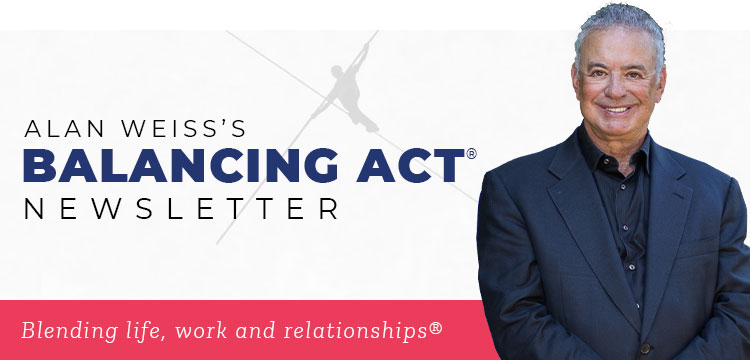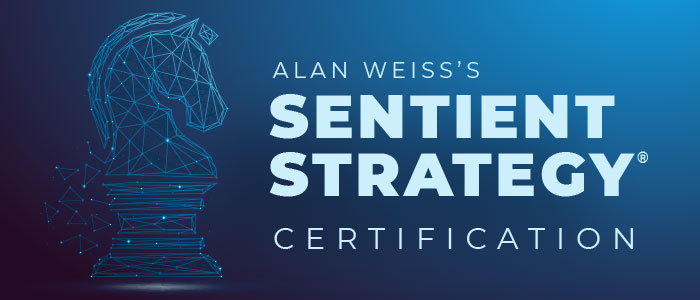|
There was a time when women couldn’t vote, nor hold most jobs, nor even venture out unescorted. There was (and, too often, still is) a time when minorities couldn’t vote, not hold most jobs, nor be elected to office. The same has held true for gay people and those now included in the LGBTQ+ communities.
The biases have changed and are changing. But there is one that has yet to be clearly admitted and needs to be changed for the nation’s survival: Bias against the elderly.
About 20% of the US population is over 65 (the rather arbitrary “retirement age”). About 30% of the Japanese population is over that age. The typical lifespans of those populations are 76 and 84, respectively. When social security was introduced in the FDR administration, the average life span was 68 in the US, and there were about 42 workers contributing to retirement funding for every retired person. Today, that ratio is 3:1 and declining.
We need to honor and “employ” people who are capable of contributing at all ages. A clear, pragmatic example is of airline pilots, forced to retire at 65 although perfectly healthy and having vast experience in all conditions. Yet another would be financial advisors whom elderly people would prefer to deal with as contemporaries as IRA funds are cashed out by law. (When I wrote my book, Threescore and More, I found that Japanese firms were calling back advisors in their 80s and even 90s.)
Physically infirm people can serve as advisors, mentors, and sounding boards. Cognitive decline is hardly endemic. Research has shown that the brains of people in their 70s produced as many new neurons as young people.
As our morbidity outpaces our fertility, and that isn’t likely to change for generations, we need to replace scarcer and scarcer intellectual and physical labor. Some will come from AI, some will come from (one can only hope) an intelligent immigration policy. But a great deal of it can come from people we tend to dismiss and disregard because of biases against age.
I don’t see any “elderly rights” parades, or “elder lives matter” signs on lawns. The AARP (American Association of Retired Persons) is really just a huge sales machine for products and services, and a failure at lobbying for elderly rights.
We need to use all the “smarts” we can. And, frankly, while a great many people have data, information, and even knowledge, I don’t think wisdom sets in at an early age, only much later in life.
|



















